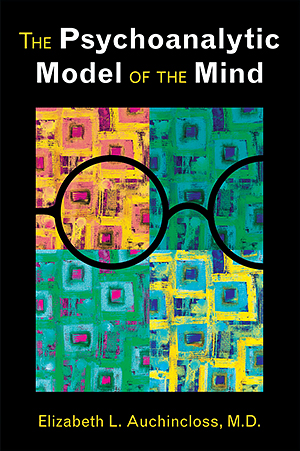Sections
Excerpt
This chapter explores the concept of the unconscious in greater depth. It explains what it means when we say that the psychoanalytic -unconscious is dynamic. It will review the history of the concept of the unconscious in Western philosophy and compare the concept of the psychoanalytic unconscious to related concepts from neighboring disciplines. In the face of overwhelming evidence, why do so many people deny the existence of the unconscious? Vocabulary introduced in this chapter includes the following: automatic thoughts, behaviorism, cognitive psychology, cognitive unconscious, dynamic, dynamic unconscious, functionalism, introspectionism, mind–body dualism, structuralism, and unconscious.
Access content
To read the fulltext, please use one of the options below to sign in or purchase access.- Personal login
- Institutional Login
- Sign in via OpenAthens
- Register for access
-
Please login/register if you wish to pair your device and check access availability.
Not a subscriber?
PsychiatryOnline subscription options offer access to the DSM-5 library, books, journals, CME, and patient resources. This all-in-one virtual library provides psychiatrists and mental health professionals with key resources for diagnosis, treatment, research, and professional development.
Need more help? PsychiatryOnline Customer Service may be reached by emailing [email protected] or by calling 800-368-5777 (in the U.S.) or 703-907-7322 (outside the U.S.).



